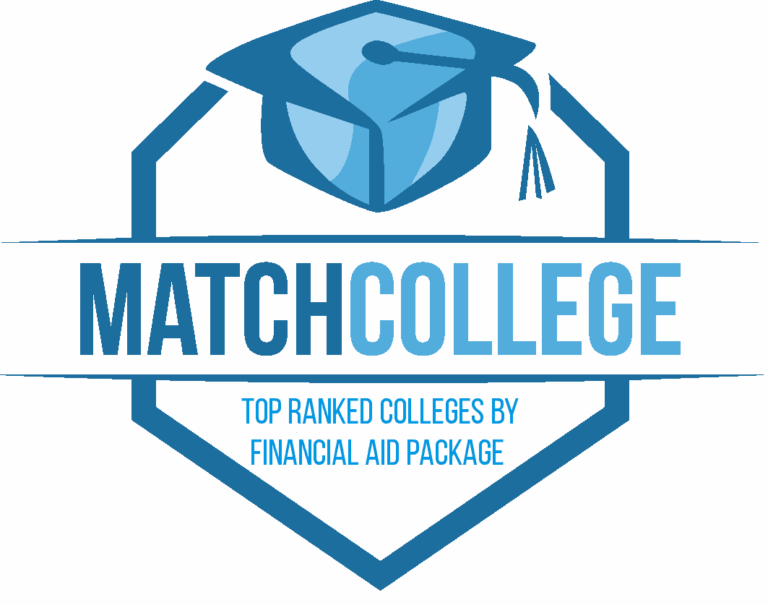Information to Maximize College Success
Gathering Quality Information about College
“Education is a better safeguard of liberty than a standing army.” ~Edward Everett
As you may imagine, colleges spend a significant amount of resources on providing current and prospective students valuable information about their programs. For current students, the focus of the publications is often centered around retaining students and introducing them to advanced degree opportunities.
For prospective students, the goal is to share more about the school, campus life, course offerings, academic expectations, and future opportunities. Read these publications very carefully as valuable information can be teased from what is said and not said about the college of interest.
Obtaining specific information about the school is easier today than ever. You can check out MatchCollege to collect college-specific information on any school in the United States in one sitting or visit the school’s website to collect information about a singular school. Let it be known, physically visiting a school will provide a the most complete picture of the school in question but school winnowing down choices based on your specific criteria will be a great starting point when visits are not plausible.
Primary Sources of College Information
Three primary sources of information curated by colleges are a 1) website, 2) viewbook, and 3) catalog. The viewbook is often a minimized version of the course catalog that provides pictures to help a student gain insight into the college or university and more accessible than a catalog. On the other hand, a course catalog is an information rich trove of courses offered, faculty listing, college rules, specific campus-related regulations, and general information about the school. The website will often display information about differing departments, admissions office information, student links, and faculty biographies.
Secondary Sources of College Data
Secondary sources of information about your prospective college of choice are the student newsletter, published works, and the alumni report. The alumni association of most colleges and universities release a monthly or quarterly publication. These alumni publications often delve into faculty updated, works published by faculty members, alumni updates, and upcoming events.
All pieces of information can help you create an impression of alumni involvement and the value placed on the school’s alumni. Next item on our list is published works in journals or magazines. The number of published works in reputable magazines and journals by the school’s faculty will be an indication of the emphasis placed upon the research and publication continuum.
While taking the time to read the student newsletter will give a prospective student a peek at campus life through the lens of student journalists. The student newsletter will often touch on relevant student issues and events going on in the community that may be worth researching further.
Vital College Information to Consider
During your information gathering phase of the process, it will be important to take note of the following elements:
What are the Admission Requirements: What are the published criteria for being accepted into a specific program? What is the acceptance rate at the school? What are the hard deadlines you need to adhere to with you college application?
Locate a School Calendar: A school calendar will have a host of information from the academic year to credit requirements to summer internships, paying special attention to the requirements of each school.
Determining Faculty Pedigree: It is frequently a positive sign to see faculty with diverse experience along with institutions the faculty attended. Published works are often another good indication of an engaged teaching team as endless hours are spent providing quality research for individuals in a specific field of study.
Graduation & Degree Requirements: Once you have accepted admissions to a specific school, what will it take to earn a degree within your specific field of study? Take the time to understand the course requirements, credits required, and expected time to complete the degree.
Programs: How diverse are the course offerings and how easy/hard is it to switch tracks after the first year or two?
Overall School Cost: What will school cost to get started and what is the pathway beyond the first year? How competitive is the school’s financial aid package, grants, and/or scholarship offerings?
On-Campus Services: What student services exist on-campus? It is important to understand the resources available from career counseling to alumni networking to health services and everything in between.
Specialized Programs: Make sure to ask if the school offers study abroad programs, cross-enrollment programs with neighboring colleges, or degree-specific credentials if these items are a priority for you.
On and Off-Campus Living: What options are available to in-coming freshman? Options for transfers from another school? Is the quotient of on-campus living to off-campus living available? What types of housing is available to you, albeit dorm, condo, house, apartment, or other living arrangements? You then need to ask yourself how comfortable are you with the options provided?
Sports Activities and School Sports: Make sure to determine if the school’s offerings for sports fits your needs. Some students will be very focused on athletics while others prefer to have time to gather socially and engage in a sports activity. Find out what is offered and what clubs the school offers early in the process.
In the end, make sure to remain open, inquisitive, take copious notes, and stay organized as the information about each school will differ.
Additional College Information
For additional resources, make sure to visit MatchCollege and subscribe to our blog for the latest in college information. Our blog contains hundreds of resources to help set you up for success by publishing career guides, financial aid insights, admissions resources, and research on how to reduce the cost of college. In addition, we have created a proprietary college search portal and an online degree finder to help you find the perfect degree for you.






